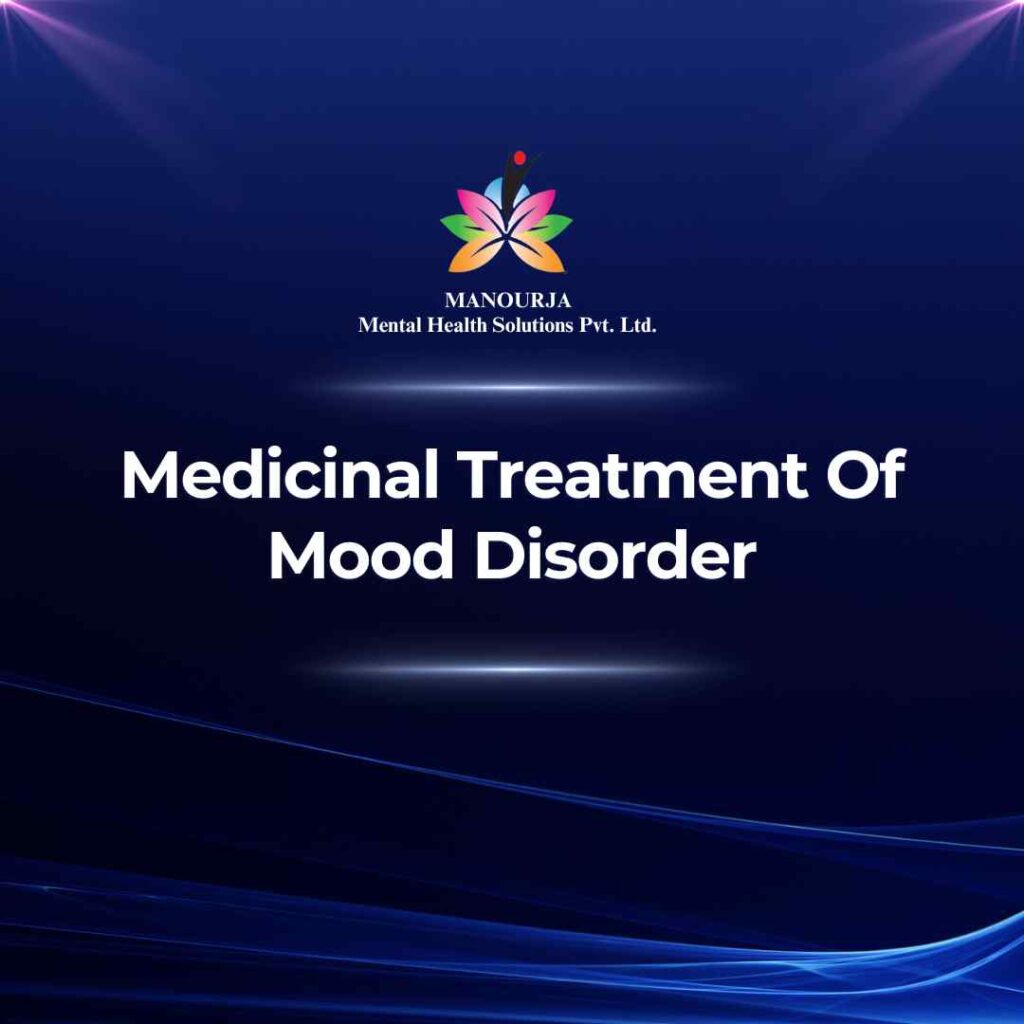Medicinal Treatment of Mood Disorder

When it comes to treating mood disorders, like major depressive disorder or bipolar disorder, medication plays a crucial role. It’s all about finding the right balance to manage symptoms, prevent relapse, and enhance day-to-day functioning.
Let’s walk through the most commonly prescribed types of medications and how they help.
Antidepressants are the front-runners in treating depression. They work by adjusting neurotransmitter levels in the brain, those tiny messengers that govern our emotions, sleep, and appetite. There are a few different kinds, each with its approach:
- Selective Serotonin Reuptake Inhibitors (SSRIs) like sertraline (Zoloft) or fluoxetine (Prozac) are popular because they tend to have fewer side effects. They’re often the first choice for doctors.
- Serotonin and Norepinephrine Reuptake Inhibitors (SNRIs), such as venlafaxine (Effexor) or duloxetine (Cymbalta), target more than one brain chemical.
- Tricyclic Antidepressants (TCAs) and Monoamine Oxidase Inhibitors (MAOIs) are older classes of medications, usually reserved for when newer medications aren’t effective, mainly because they can come with more significant side effects.
Mood Stabilizers are essential, especially for those battling bipolar disorder. These medications help smooth out the emotional highs and lows:
- Lithium is one of the most well-known and effective mood stabilizers, particularly good at taming mania.
- Anticonvulsants like valproate (Depakote) or lamotrigine (Lamictal) are also commonly used as mood stabilizers, helping to maintain a more stable mood over time.
Antipsychotics might sound intense, but they’re quite effective for severe cases of mood disorders or when someone experiences psychosis (a loss of contact with reality). They’re often used alongside other treatments:
- Atypical Antipsychotics such as olanzapine (Zyprexa) or quetiapine (Seroquel), are newer and generally preferred because of fewer side effects.
- Typical Antipsychotics are older and less commonly used today but can be helpful in certain situations.
Anxiolytics, like benzodiazepines (think lorazepam or clonazepam), are primarily used to cut through high levels of anxiety, which can accompany mood disorders, especially during severe episodes.
Choosing the right medication is a deeply personal process that depends on individual symptoms, health history, and how a person reacts to previous treatments. Side effects play a big role in determining what’s best, and finding the perfect match can take some time and patience.
Beyond medication, treating mood disorders effectively often involves a combination of psychotherapy, lifestyle changes (like regular exercise and a healthy diet), and sometimes alternative treatments. It’s usually a team effort involving various healthcare providers to ensure comprehensive care.
Remember, managing mood disorders is a journey, often requiring ongoing adjustment and support to find just the right approach to lead a balanced, fulfilling life.
At MANOURJA, we believe in the transformative power of counseling. Our experienced therapists offer a safe and supportive space where you can explore your thoughts, emotions, and challenges. Through personalized counselling sessions, we’ll work together to develop coping strategies, build resilience, and achieve lasting positive change. Discover the path to a healthier, happier you with MANOURJA counselling services.
MANOURJA Rehabilitation Services
At MANOURJA, we’re dedicated to helping you in rebuild your life, after difficult times. Our rehabilitation services focus on understanding what you need to move forward, whether you’re recovering from addiction, trauma, or any psychological – social challenges. We create personalized plans, that are all about helping you, regain your strength and find hope again. With a caring team by your side, you’ll have the support to make real progress and take steps toward a brighter, healthier future.
